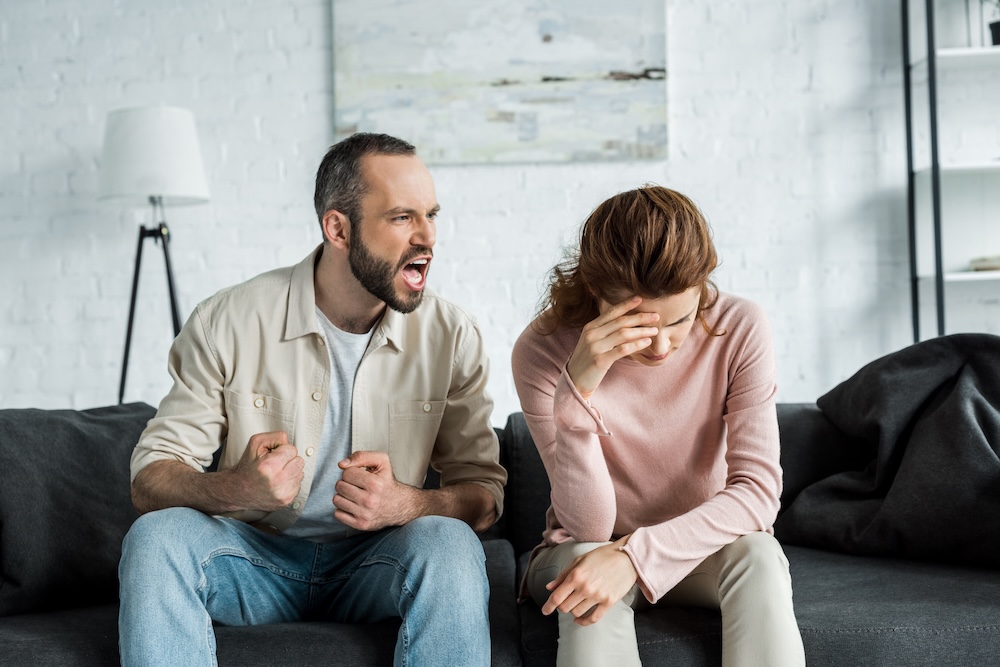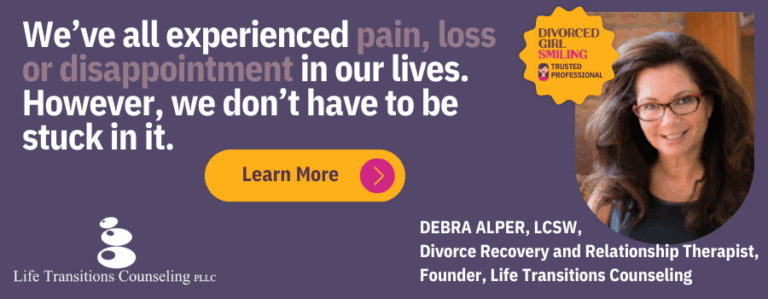No one wants to be in an emotionally abusive relationship, or an addictive relationship. So, why is it not so uncommon that people get into these kinds of relationships? There are many reasons, and going to therapy can help you uncover those reasons and work through them so that you can stop the behavior. But one big reason is that people don’t even realize they are in or heading into one.
Here are 5 Signs You Are in or Are Heading into an Addictive or Emotionally Abusive Relationship
1. Instant connection.
Have you ever met someone and felt an immediate connection, as if you had known each other forever? While this feeling can be exciting, it can also be a significant red flag. When you connect with someone so intensely that it feels overly familiar, it often indicates a deeper psychological issue. This sensation may stem from your unconscious mind — what some refer to as the “Dinosaur Brain” — which responds to familiar relational patterns from your past.
If these patterns are toxic or dysfunctional, your instinctive feelings of safety can be misleading. Instead of rushing into this seemingly perfect connection, take a step back. Healthy relationships take time to develop, and a sense of instant familiarity may suggest that you are gravitating toward familiar but unhealthy dynamics. It’s crucial to pace yourself and get to know this person for who they truly are, rather than who your mind wants them to be.
2. The “Butterflies” Feeling
We’ve all heard the phrase, “I get butterflies in my stomach” when thinking about someone special. In the early stages of a relationship, this feeling is often accompanied by a loss of appetite and a heightened emotional state. Though this is commonly framed as the thrill of falling in love, it can be a warning sign that your nervous system is deregulated.
The butterflies you feel might indicate that your unconscious mind is recognizing unhealthy, familiar patterns from past relationships. Rather than viewing these physical sensations as proof of romantic excitement, consider them a potential danger signal. It’s essential to slow down and evaluate whether these feelings are rooted in genuine affection or are simply a response to familiar chaos.
3. Confusion
Healthy relationships are characterized by clarity and open communication. When both partners are on the same page, the direction of the relationship is clear. In contrast, emotionally abusive relationships often leave you feeling confused and questioning your own worth. If you find yourself constantly trying to rationalize your partner’s hurtful behavior or outbursts, this is a significant red flag. You may think, “What did I do wrong?” and make excuses for their actions, attributing them to stress or other external factors. This confusion can be a sign of emotional manipulation, where your partner’s unpredictable behavior keeps you in a constant state of doubt and anxiety.
4. The Roller Coaster Ride
An addictive or emotionally abusive relationship often resembles a roller coaster, filled with intense highs and crushing lows. Initially, everything feels exhilarating, as you can’t get enough of each other. You may spend all your time together, constantly texting and checking in on one another. However, this intensity can quickly plummet when communication suddenly stops or when one partner disappears without explanation.
During these moments of silence, anxiety and fear can set in, leading you to obsessively check your phone for messages. When your partner eventually returns with vague excuses, it can leave you feeling confused and questioning your own emotions. You may find yourself trying to smooth things over and reignite the initial excitement, only to realize that the cycle repeats itself. This emotional upheaval is a hallmark of addictive relationships, where the thrill of the ride often overshadows the potential dangers lurking beneath the surface.
5. Walking on Eggshells
In a healthy relationship, both partners can express their needs openly and negotiate them fairly. However, if you find yourself constantly walking on eggshells, trying not to upset your partner or express your own needs, it’s a clear sign of an unhealthy dynamic. In these situations, one partner often holds all the power, punishing the other with withdrawal or the silent treatment when needs conflict. This hyper-vigilance can erode your self-esteem and sense of self-worth, leaving you feeling like a shadow of your former self. The emotionally abusive partner seeks to co-opt your identity, making you feel worthless and unheard. Ultimately, this creates a toxic environment where you become increasingly disconnected from yourself.
If any of these warning signs resonate with you, it’s vital to seek help. Addictive relationships can have devastating consequences, costing you years of your life, friendships, family connections, and peace of mind. It’s essential to recognize that the initial feelings of safety and familiarity were often illusions, masking deeper issues. Just like substance addiction, relational addiction requires acknowledgment and treatment. There is hope for reclaiming your life and sense of self, but the first step is recognizing that you may be caught in a pattern of relational addiction. Don’t hesitate to seek support and guidance on your path to healing.
Like this article? Check out “6 Tips to Relationship Happiness”





















